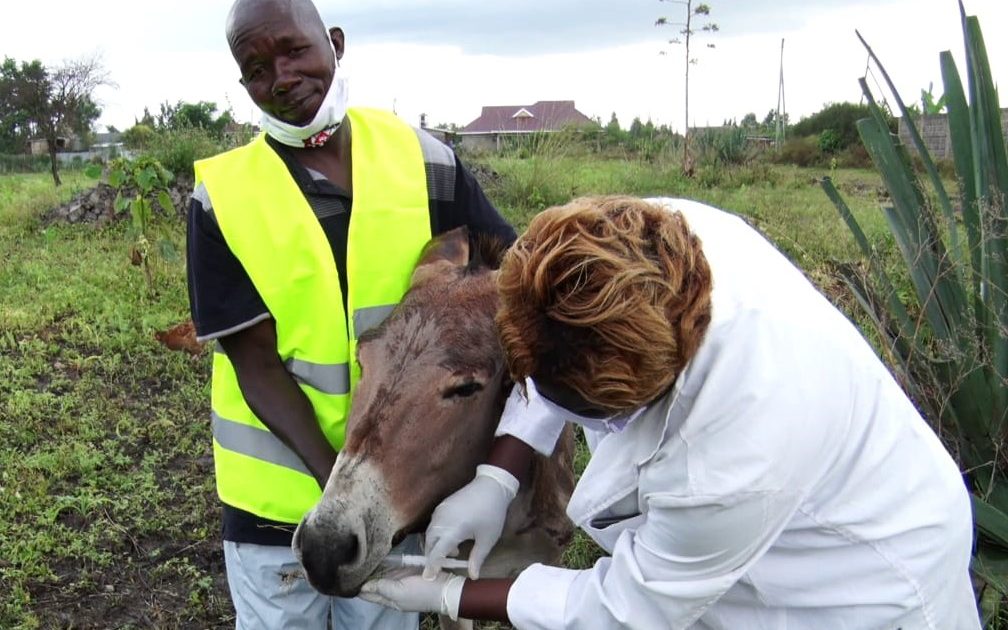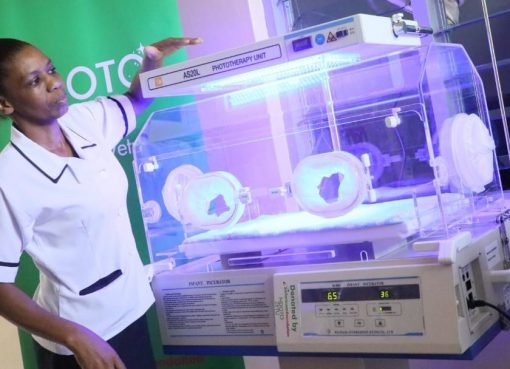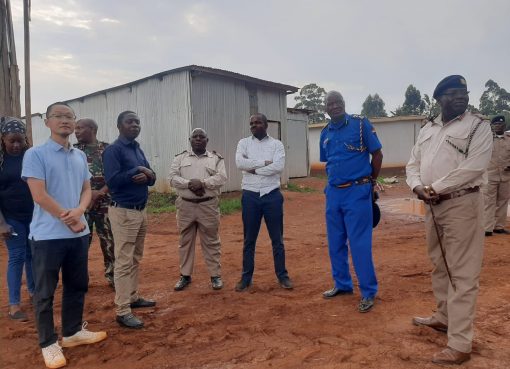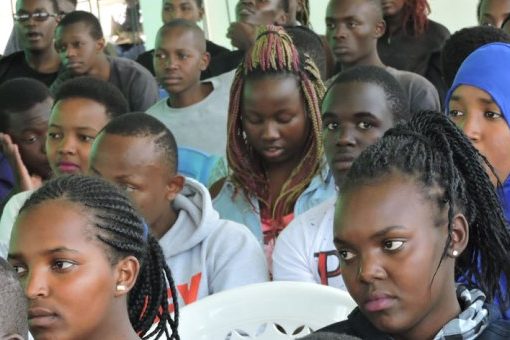As the country marked the National Donkeys Welfare Day over the weekend, owners went on with their daily routine owing to covid-19, despite having a lot to celebrate following the recent ban on sale of donkey meat.
Officers from Kendat, an organization that deals with donkey rights took the opportunity to visit selected farms to monitor the health of the animals, deworm them as well as advise on good husbandry.
In Nairobi County, the officers visited about 30 farmers in Ruai, Kamulu and Joska areas, who own over 10,000 donkeys for routine checkup.
Before Covid-19 struck the country, the government had banned the slaughtering of donkeys and closed all abattoirs following a public outcry.
They claimed they lost several of their animals through theft of the animals and feared that the beast of burden would be extinct in a decade if the situation was not checked.
The farmers had planned to celebrate this achievement during this year’s national donkey welfare day, save for the ban on public gatherings.
To Felix Kimanthi, a farmer who has worked with donkeys for over 20 years said the pandemic has reduced his daily earnings from Sh8, 000 a day to Sh3, 000.
Kimanthi supplies water from his borehole using his five carts to the nearby households.
“We are forced to close work early to meet the curfew hours. Also customers demand washing hands every time we deliver water. We must also be clean which is a challenge,” he said.
He has managed to buy plots, build houses and educate his children using the proceeds he gets from working with his donkeys.
Anne Mbula, another donkey owner from Kamulu transports goods to customers using her beasts, but says work flow has reduced during this covid-19 period.

She is however upbeat that normalcy will resume soon, saying their troubles have eased since the ban on donkey slaughter.
“We used to lock our donkeys in the houses to keep thieves away. During that time, there were several reports of donkey theft which would find their way to the Kithyoko abattoir in Machakos County. However, we can now rest easy that our precious animals can now roam around looking for pasture,” said Mbula.
To replenish the lost stock that were slaughtered during that period, the farmers now want the government to come up with donkey breeding sanctuaries for enhanced breeding of the animals.
The Nairobi Chairman of Donkey owners, Stephen Muthamia said artificial insemination and other breeding mechanisms need to be introduced to donkeys so as to accelerate their reproduction.
“We can be getting about 80 donkeys a year from the sanctuary if we are to increase the number of lost donkey population. Framers should be trained on enhanced breeding systems like artificial insemination programmes and good husbandry,” he said.
Kenya has about 1.2million donkeys, compared to 1.8 million a decade ago, with the reduction being attributed to the huge demand of donkey meat in China.
By Muoki Charles





